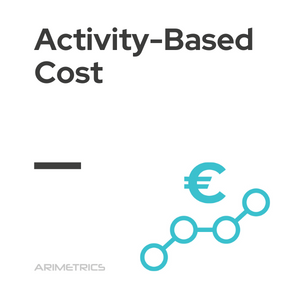
Definition:
Activity-based cost is a cost accounting system that unites actual costs to direct performance and the value of activities. Costs are not allocated based on a formula, but are drawn up from specific activities.
Origin of the term
It is a concept that is also known as ABC, for the acronym in English of Activity Based Costing, and that was created in the mid-80s by Cooper Robin and Kaplan Robert.
In the ABC activity-based cost, the products and services of a company’s productive activity are grouped into cost centers that form a value sequence. The objective is to discover the activities that generate costs to minimize everything that does not add value. To do this, we must start from the premise that products consume activities and activities resources (costs). These activities form the processes necessary to achieve the product, so it will be necessary to analyze both the activities and the processes.
Examples of activity-based cost
Some examples of activities within a company are managing suppliers, receiving goods or issuing invoices, and among the processes we would highlight purchasing, sales, digital marketing, finance, personnel, etc.
It is a system especially suitable for small and medium-sized companies, in which the manager is forced to change the simple collection of data for its analysis to be able to face high competition.
